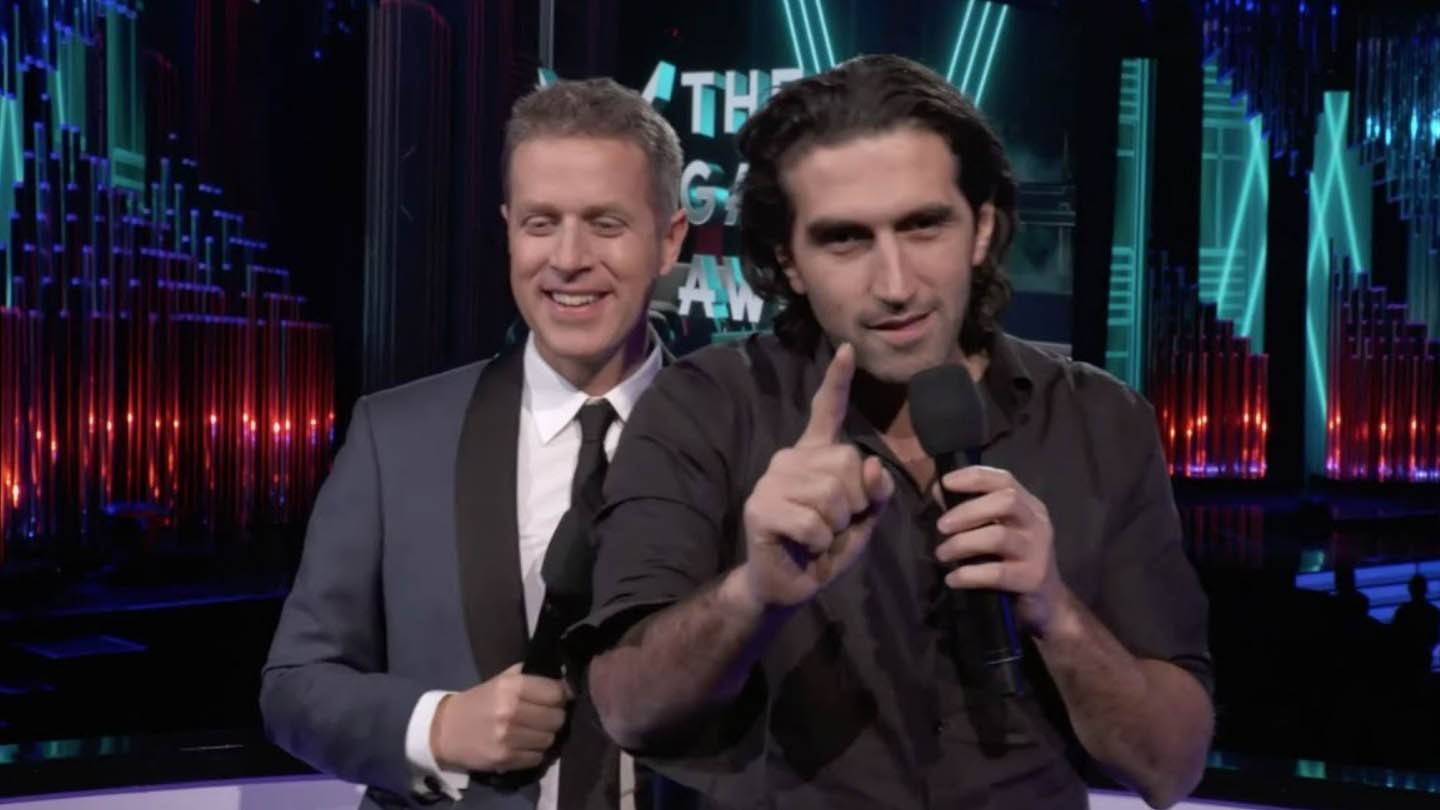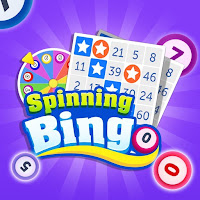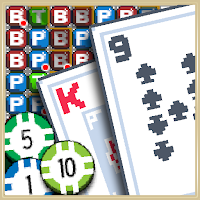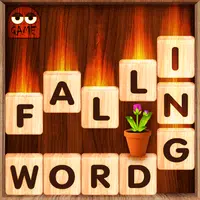
Not everyone has fully embraced the creative vision behind Split Fiction, the latest cooperative adventure from Josef Fares, the acclaimed creator of It Takes Two. At the core of the game's narrative are two female protagonists, whose story has elicited both praise and criticism. Some vocal critics have accused the game of promoting "feminist propaganda," igniting intense discussions across online platforms.
In his trademark unfiltered style, Josef Fares addressed these claims directly, delivering a sharp and humorous rebuttal that emphasizes his focus on storytelling rather than stirring controversy.
The central premise of Split Fiction revolves around two female characters navigating a deeply personal and emotional journey. While many players have lauded the game for its innovative gameplay and heartfelt narrative, others have criticized the choice of protagonists, labeling it as an attempt to push a feminist agenda.
Critics have argued that the decision to feature two women in leading roles was unnecessary or overly political. However, this backlash has been met with robust resistance from supporters of the game, who contend that representation in media should not be a point of contention.
Known for his candid and often humorous responses, Josef Fares didn't hesitate to address the controversy. In his own words:
Let me tell you something: in Brother, there were two guys [as protagonists], in A Way Out—two guys, in It Takes Two—one man, one woman, and now two women, and suddenly 'everyone’s upset.' [...] I don’t care what you’ve got between your legs—good characters are what matter.
Fares’ response underscores his commitment to crafting compelling stories rather than catering to ideological debates. By emphasizing the importance of well-written characters over gender dynamics, he challenges critics to focus on the substance of the narrative rather than its surface-level details.
The backlash against Split Fiction reflects ongoing societal debates about diversity and representation in media. For some, the inclusion of two female protagonists represents progress and a step toward more inclusive storytelling. For others, it serves as a lightning rod for broader cultural tensions.
Games like Split Fiction often find themselves at the center of these discussions, as they push boundaries and explore new perspectives. While criticism is inevitable, the overwhelmingly positive reception from players and critics alike suggests that the game’s narrative resonates with a wide audience.






